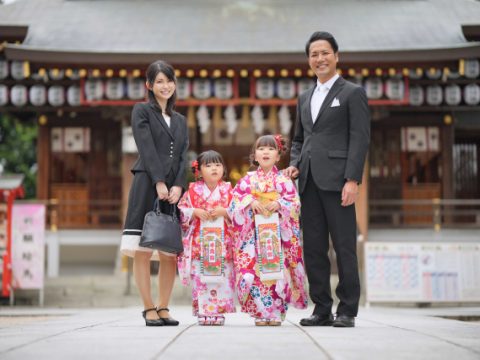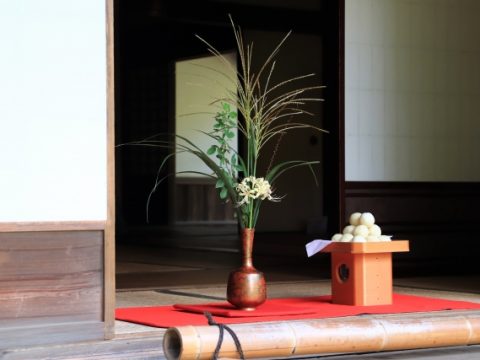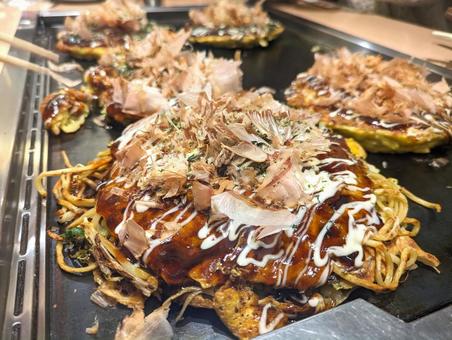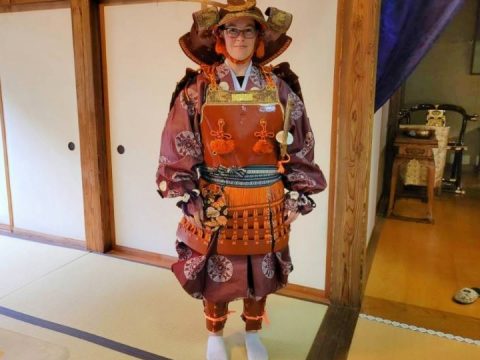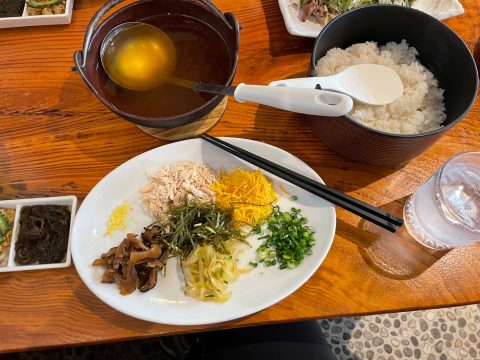Socialization in Japanese Business Culture
WORK’IN JAPAN
20.05.2024
Business culture in Japan is unique and can be quite different from that of other countries. One aspect that stands out is the emphasis on socialization. In Japan, building relationships and trust is a crucial part of doing business, and this often involves socializing outside of work hours.
For many Japanese companies, socialization is seen as a way to build trust and strengthen team dynamics within the company. It’s not uncommon for colleagues to go out for drinks or dinner after work, or participate in company-sponsored recreational activities. These gatherings provide an opportunity for colleagues to get to know each other on a personal level, which can lead to better communication and collaboration in the workplace. Let’s go over a few things you should keep in mind when going out with your colleagues.

Etiquette and Politeness
Even though it would be a casual gathering after work, maintaining a high level of politeness and observing proper etiquette is crucial. This includes showing gratitude, using respectful language, and being considerate of others’ feelings.
Hierarchy and Respect
Hierarchy and respect are deeply ingrained in Japanese society, and this extends to after-hours socializing as well. It is important to show respect to those in higher positions and to understand the proper way to address them.
1. Seating Arrangements:
Allow your boss and senior colleagues to choose their seats first, and then follow their lead. Typically, the most senior person will sit farthest from the entrance.

2. Pouring Drinks:
It is customary to pour drinks for others, especially for your boss and senior colleagues. When individuals pour drinks for one another, it is considered a gesture of respect. When pouring drinks for others, hold the bottle with two hands as a sign of respect.
Ordering Food
If you go to an izakaya, it is typical to select a variety of dishes to share among the group instead of ordering individual meals. This allows everyone to sample different flavors and engage in a communal dining experience. When serving yourself from shared dishes, it is polite to take small portions at a time to ensure that everyone has an opportunity to enjoy the food.

Paying the Bill
It is common to split the bill at the end of the meal between colleagues. However, it is not uncommon for the boss or the most senior person present to pay for the group’s meal. This act of generosity is a way for the boss to demonstrate appreciation for the team, and it aligns with the hierarchical and group-oriented nature of Japanese business culture. However, it’s important to note that this practice may vary depending on the specific workplace and the individuals involved.
Additionally, it’s important to be mindful of table manners. I recommend reading the two-part article “How Not to Embarrass Yourself at the Japanese Dinner Table” before going out with your colleagues.

Eri Palmer
Eri grew up in Japan. She came to U.S. as an international student, and decided to stay in the country. Cooking is one of her passions, and she loves to cook Japanese food for her children.
Read previous articles by the writer
Read latest articles
KEYWORDS
- # PICKPICK
- # Resume
- # alcohol
- # Rice
- # Soup
- # winter food
- # Fast Food
- # seafood
- # spicy foods
- # raw food
- # fermented food
- # Transportation
- # MEAT
- # Edo culture
- # suits
- # clothing
- # drink
- # fish
- # seasoning
- # Japanese New Years Foods
- # Toshikoshi soba
- # Osechi Ryori
- # Ozoni
- # Christmas
- # Japanese fusion pasta
- # Wafu Pasta
- # Japanese Hot Pot
- # なべ
- # 鍋
- # Miyazaki
- # Chicken Nanban
- # Karamen
- # Autumn Wagashi
- # Mushi-yokan
- # Imo-yokan
- # Japanese Autumn Fruits
- # Autumn
- # Vending Machine
- # fall
- # dango
- # Chestnut rice
- # saury
- # Mushroom
- # Rice vinegar
- # Japanese condiments
- # 調味料
- # Sake
- # Mirin
- # Soy sauce
- # Japanese Noodles
- # Udon
- # Ramen
- # Yakisoba
- # Soba
- # Japanese Seaweed
- # 海藻
- # かいそう
- # Payslip
- # Training
- # Japanese summer foods
- # 和菓子
- # Wagashi
- # ryokucha
- # 夏
- # 飲み物
- # Ramune
- # ラムネ
- # Pokari Sweat
- # ポカリスエット
- # Calpis
- # カルピス
- # Mugicha
- # ume
- # 梅
- # うめ
- # umeshu
- # job hunting
- # tofu
- # Recruitment in Japan
- # miso
- # Japanese cuisine
- # Yellowtail and bonito
- # Children’s Day
- # Kashiwa Mochi
- # Chimaki
- # fruits
- # Kusamochi
- # Types of Agriculture in Japan
- # bread
- # パン
- # パン屋さん
- # japanese bread
- # shokupan
- # meal blead
- # anko bread
- # 桜
- # さくら
- # cherry blossom
- # visa
- # hanami
- # omotenashi
- # sakura
- # おもてなし
- # Japanese hospitality
- # oshibori
- # wet hand towel
- # hand towel
- # restaurant
- # Commuting in Japan
- # Women-only cars
- # Exit gate
- # japanese train
- # train
- # valentine
- # Japanese sweets
- # 朝食
- # Japanese Breakfast
- # Breakfast
- # Japanese
- # 日本
- # healthy
- # persimmons
- # hoshigaki
- # HR
- # work in Japan
- # jinji ido
- # corporate systems
- # Japanese work culture
- # bento
- # ekiben
- # shinkansen
- # omiyage
- # train station
- # Japanese culture
- # work culture
- # mentaiko
- # umeboshi
- # Japanese snacks
- # potato chips
- # Japanese potato chips
- # Japanese writing
- # seaweed
- # konbu
- # ocean foods
- # shio konbu
- # dashi
- # miso soup
- # food processing
- # pear
- # nashi
- # sweet potato
- # japanese sweet potato
- # stingray
- # satsuma imo
- # food value chain
- # homecooking
- # agriculture
- # Japanese homecooking
- # farming
- # nikujaga
- # shojin ryori
- # meat and potatoes
- # traditional foods
- # comfort food
- # buddhist food
- # manufacturing
- # factory
- # eihire
- # vegetarian
- # food and beverage
- # izakaya
- # yatai
- # japanese festival
- # taiyaki
- # matsuri
- # summer
- # Ikayaki
- # smart agriculture
- # shaved ice
- # kakigori
- # かき氷
- # summer dessert
- # Japan
- # Japanese foods
- # dessert
- # fruit
- # matcha
- # icecream
- # Pikcup
- # Pikc up
- # Pcikup
- # skilled labor visa
- # working visa japan
- # Dineer Table in Japan
- # Japanese manner
- # Japanese food
- # Japanese Table Manner
- # Chopsticks
- # Japanese traffic signs
- # traffic information
- # road rules in Japan
- # chocolate
- # green tea
- # Osaka
- # Work Japan
- # Japanese company
- # ikura
- # sushi
- # nigiri
- # wasabi
- # PCIK
- # PICK UP
- # PICK
- # PICKUP


